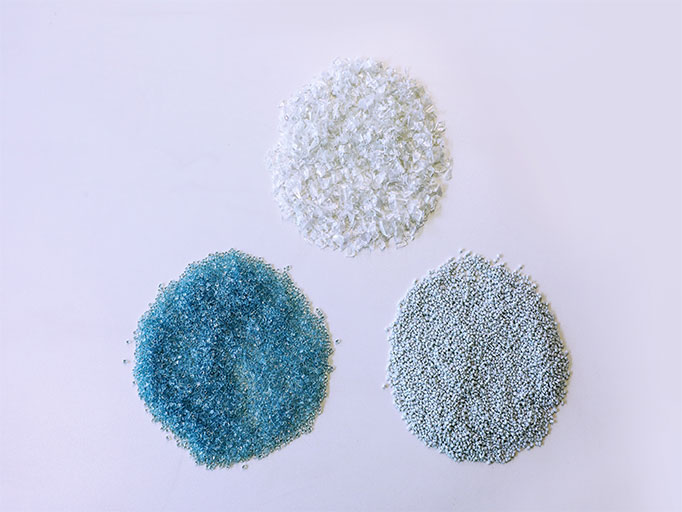Plastic pollution and environmental concerns have led to a growing emphasis on sustainability and recycling within the beverage and packaging industry. One promising innovation in this realm is the use of rPET (recycled polyethylene terephthalate) bottles. These bottles are not only a testament to the principles of the circular economy but also a significant step forward in reducing the environmental impact of plastic packaging. In this article, we will delve into the world of rPET bottles, exploring what they are, their benefits, challenges, and the role they play in the global push towards a more sustainable future.
rPET bottles, often known as recycled plastic bottles, are containers made from recycled polyethylene terephthalate, a common type of plastic used in the production of beverage and food containers. These bottles are typically sourced from post-consumer plastic waste, such as used soda and water bottles, as well as other plastic packaging. The collected plastic is cleaned, processed, and reformed into new bottles, reducing the need for virgin plastic in packaging.
Benefits of rPET Bottles
Reduced Environmental Impact: Perhaps the most significant advantage of rPET bottles is their environmental friendliness. By recycling and reusing existing plastic, these bottles help divert plastic waste from landfills and oceans, effectively reducing the carbon footprint of plastic production.
Energy Savings: The production of rPET bottles requires less energy compared to manufacturing bottles from virgin plastic. This results in reduced greenhouse gas emissions, contributing to a more sustainable and eco-friendly production process.

Conservation of Resources: Using recycled plastic conserves valuable natural resources, such as crude oil, which is a primary source of virgin plastic production. By decreasing the demand for new plastic, rPET bottles help protect the environment and limit the depletion of fossil fuels.
Consumer Appeal: As consumer awareness of environmental issues grows, rPET bottles have gained popularity. Many consumers are now actively seeking products with sustainable packaging, making rPET a selling point for businesses.
Recyclability: rPET bottles can, in turn, be recycled multiple times, further extending their lifecycle and reducing waste generation.
Challenges and Considerations
While rPET bottles offer numerous benefits, they also come with certain challenges and considerations:
Quality and Purity: Ensuring that rPET meets food-grade quality standards is essential. The recycling process can sometimes introduce impurities or affect the material's quality, necessitating stringent quality control measures.
Collection and Sorting: To produce rPET bottles, there must be efficient collection and sorting systems in place to source post-consumer plastic. This can be logistically challenging and requires infrastructure and consumer participation.
Economic Viability: The cost of recycling and processing rPET can be higher than producing virgin plastic, making it crucial for businesses to find cost-effective solutions to make rPET bottles competitive in the market.
Public Perception: Some consumers may still harbor doubts about the safety and quality of rPET bottles, which can pose a challenge for wider adoption. Clear communication and transparent labeling can help address these concerns.
Applications of rPET Bottles
rPET bottles have gained traction across various industries:
Beverage Industry: Many beverage companies now use rPET bottles for their products, especially in the water and soft drink segments. The lightweight and eco-friendly nature of these bottles aligns with the industry's goals to reduce plastic waste.
Food Packaging: Beyond beverages, rPET is used for food packaging, including salad containers, fruit clamshells, and more. It offers a sustainable alternative to traditional plastic packaging.
Cosmetics and Personal Care: Even in the world of cosmetics and personal care products, rPET containers are becoming more prevalent. Shampoo, lotion, and soap brands are adopting them as a symbol of their commitment to sustainability.
Household and Cleaning Products: Cleaning product companies are switching to rPET bottles to reduce the environmental impact of their packaging.
Conclusion
rPET bottles represent a significant step forward in the journey toward sustainable packaging solutions. These bottles not only reduce the burden of plastic waste on the environment but also conserve energy, resources, and reduce greenhouse gas emissions. As more industries and consumers embrace the principles of the circular economy,Incom rPET bottles are poised to become a prominent symbol of responsible packaging. They serve as a powerful reminder that by rethinking our approach to plastics, we can work towards a cleaner, more sustainable future.
Comments
Please Join Us to post.
0